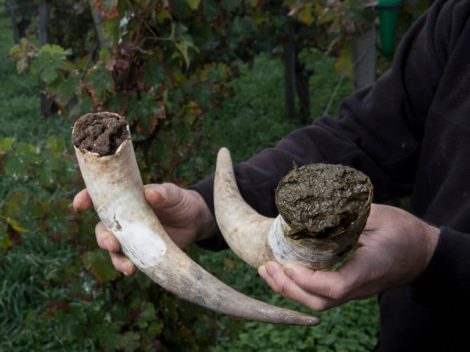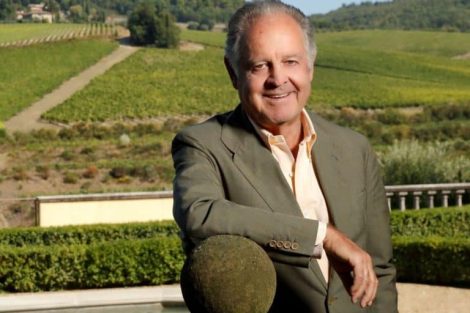By Anna Muzio
I'm chatting over a Flat White in the first specialty café in Milan with Diego Rossi, chef of Trippa, a unique case of contemporary Milanese trattoria, known for its offal-based preparations, which has been enjoying unwavering success with both the public and critics for years, as they say for movies. We involved him in the theme of tradition, the honor and burden of Italian cuisine, but trying to pin Rossi down on a specific topic turns out to be a tough mission. So we end up talking about hospitality taxation - "In a country with a fair tax pressure, I would be rich" -, rising rent prices, work, and raw materials ("I'm ashamed because I had to raise prices, otherwise I won't stay afloat, but I want to stay under the €20 threshold per dish. You want a trattoria for €10? You eat crap."). The Michelin star "I got it when I was 25, at Delle Antiche Contrade in Cuneo, then I wasn't interested anymore. I would like to break a taboo to make people understand that haute cuisine is not only that of starred restaurants but can also be that of a trattoria."
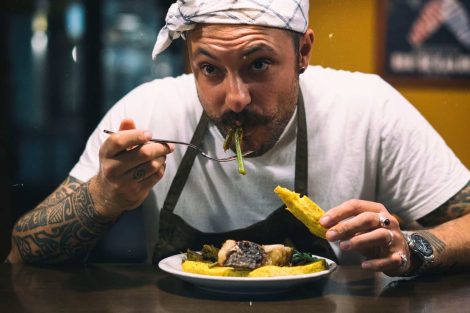
Photo Marco Paone
Trippa is a trattoria, indeed: what does tradition mean to you?
I wanted to create an Italian trattoria linked to tradition because there's a difference between starred cuisine, where the cuisine is linked to the chef, his ego, and creativity. Self-celebratory, the famous author's cuisine, detached from everything. Or you take old dishes, faithfully reproduce them.
Does it make sense?
Yes, for a memory factor, we recreate the preparations of the past, which is our heritage. I search for the recipe, and in most cases, I find ten because we're not in France where it's codified, here every family has its own version so there are a thousand nuances. Obviously, if you put bottarga in carbonara or pineapple in tiramisu, I'll tell you it's something else. But today we can reproduce traditional dishes with contemporary knowledge: techniques, awareness of how to treat food, the choice of ingredients that once didn't exist because the raw material came from the nearby fields, there was no choice. It was dictated by necessity or territory. Today we can choose the best ingredient, the best preparation, the best way to make it.
For example?
The finanziera, in Piedmont in many places, is soaked in vinegar, and they tell you that this is the traditional recipe. But we understood that probably it was like this because vinegar was used to cover unpleasant odors. Now that we can choose the best offal and we have an awareness of cooking techniques, I reduce the vinegar so that the offal is in the foreground. Many object, but it's a sterile objection. We must be open, we're here to carry on the tradition, which also means improving, not overturning attention. You have the same sensation but improved. So instead of feeling the punch of vinegar immediately, you feel the offal and then at the end this acidic note that recalls the original recipe but pushes you to the next bite.
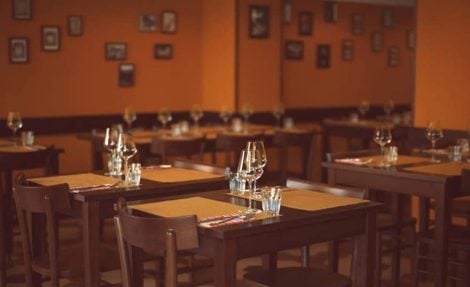
Does Italian tradition stifle creativity, tie our hands?
It's like coffee, since we've invented things, we've been strong in one field, we boast about it, and so on one hand, we sit on the fact that we're the best, which blocks creativity, on the other hand, we have a very strong tradition and we impose limits or customs on ourselves. It's up to us whether to suffocate or not, at Trippa it was me who set limits because I decided to respect the Italian tradition but if you look at most of my menu, it's creative, I would never define my cuisine as traditional, it's creative not in the sense that I make spherifications but that it refers to something not yet seen.
How do you write a new Italian tradition?
By not going to get soy sauce, which doesn't belong to us, I stick to the philological and historical principle and see which products we can consider historical, without being picky otherwise we wouldn't even cook tomatoes or potatoes. Also because we have an incredible wealth of biodiversity of ingredients, it's not necessary to go fishing for katsobushi and koji, to rewrite the Italian tradition according to me, we need to see what our territory offers, our habitat, our season, the weather, our lands. From there you start creating a new tradition, with the first principle, in my opinion untouchable, of the season, so nature commands and for me, it will always command.
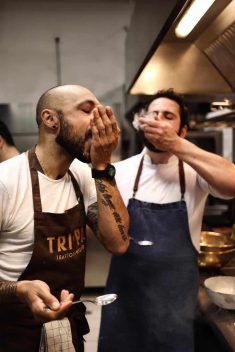
Traditional cuisine and haute cuisine, which is the best?
My concept of haute cuisine, the highest that can be achieved, and what I will do one day is to cultivate, pick, not show the fridge, prepare and serve. Without lowering temperatures: a direct line from the ground to the table, because cuisine must be seen not only as pleasure and enjoyment, but in recent years we begin to see also the nutritional aspect which is equally important and in my opinion not contradictory, one thing is as much more nutritious as it is good, and vice versa. I don't want to get to raw foodism but my philosophy is to intervene as little as possible. When you take a vegetable from the garden, you touch it as little as possible and serve it, you use it at its best, which is right after being picked. That's the peak, there's no three-star restaurant that holds up. Once you understand this, the concept of three Michelin stars goes down the drain. If you then combine talent with this raw material at its best, then you have the top.
Nowadays, no self-respecting restaurant has not made a vegetable garden.
One wants the vegetable garden because you make the vegetable as you prefer and it's definitely more economically sustainable, a word I hate but here we can use it. Then a chef certainly enjoys seeing a vegetable grow and picking it, working it at the best time, but we still don't talk about the nutritional aspect which for me comes first, the nutritional value of the freshly picked product. If it's a trend and one cultivates it ethically and respectfully, it's welcome, if one weeds and throws pesticides, it's as good as buying vegetables at the supermarket.
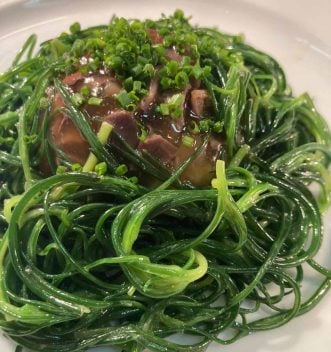
In Italy, there is a sort of aversion towards vegetarianism and veganism, when in reality, our tradition is very vegetarian. Does it have an explanation?
Of course, because over the years the vegetable part has been associated with a certain mentality and politics, so the fact that vegetarianism has been associated with discussions about sustainability, greenery, respect for nature and the fact that propaganda has been made instead of acculturation has influenced public opinion. Vegetables have been associated with a certain type of person, left-wing hippie with certain ideas, while one can very well be right-wing, vote for Meloni, and eat vegetables. It's such an ingrained idea that if you see a vegetarian you already put them in a certain category. Then we live with the aftermath of the economic boom in which all principles of environmental respect were trampled, it will take generations to get to true respect for nature. Instead, we should go back to living like our grandparents, which doesn't mean dying of hunger because once people died of hunger. But they had a better product than today where everything is industrial, born and conceived and produced as such.
Are we at a turning point in cuisine?
Nature is changing, what is your perception? Certainly, there are products that I can't find anymore or that I can't find in the month when they should grow, there are definitely tangible changes happening at the climatic level, we must realize it and adapt creatively. Creativity should be used to go hand in hand with nature, not in a self-serving way like in winter, I use strawberries with oranges because they go well together, in nature they don't exist together, it's a force. These are the movements of history to take into account, those that can stir a tradition.
We were talking about nutrition, do you agree with putting calories next to dishes on the menu as proposed by some?
Absolutely not, first of all because calories are not consistent, the products are all different, they are tables that I studied at school and are useless unless you work in an eating disorder center. I don't start playing the nutritionist because people come to eat for enjoyment at my place, another discussion would be needed for canteens where you eat every day. In a restaurant, you go to eat, have fun, feel good, spend an evening. If we start to insert too many concepts about nutrition, we lose. If there's one thing people don't want to be told is what, how much, and what to eat.

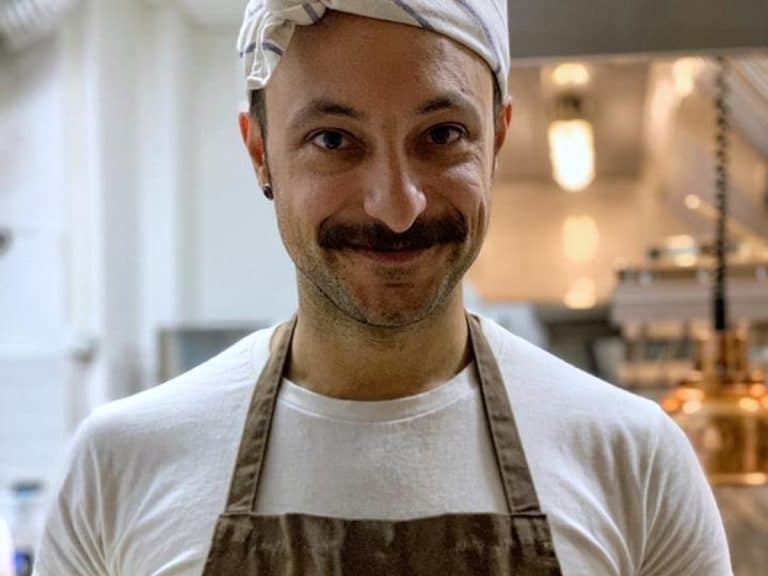
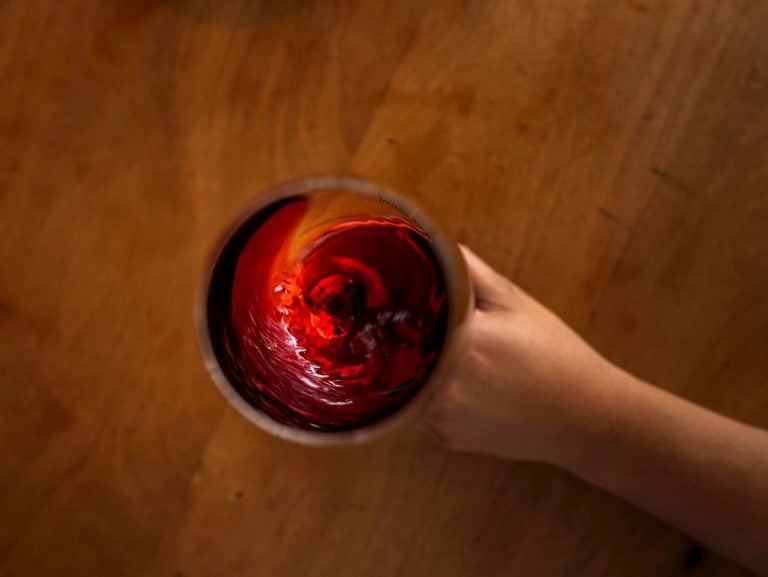 Historical breakthrough: Italy will also produce dealcoholised wines. Lollobrigida signs the decree
Historical breakthrough: Italy will also produce dealcoholised wines. Lollobrigida signs the decree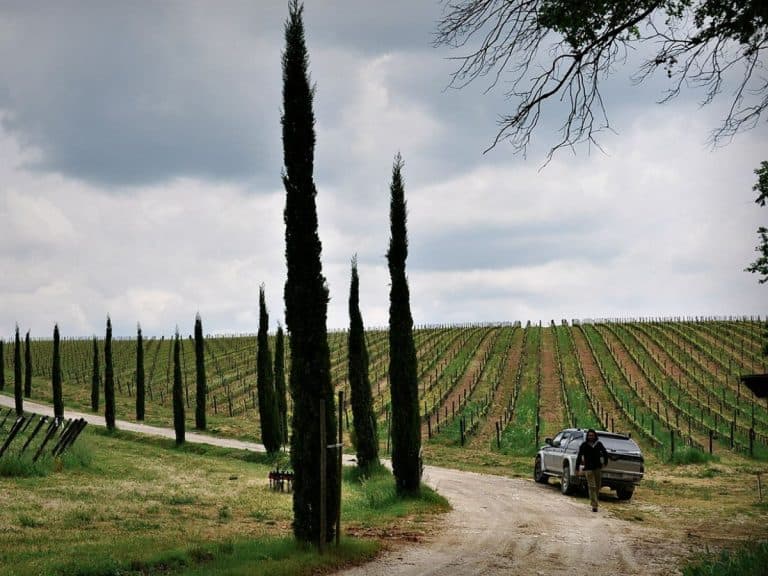 If you say Syrah, you say Cortona. The story of Stefano Amerighi and other Tuscan producers
If you say Syrah, you say Cortona. The story of Stefano Amerighi and other Tuscan producers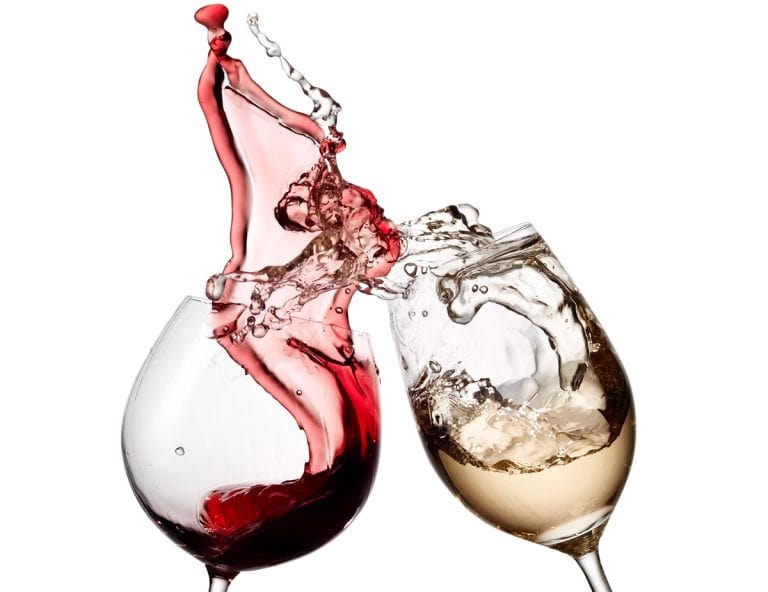 The Game (and the misunderstanding) of dealcoholised wines: even an expert critic can be fooled at first sip
The Game (and the misunderstanding) of dealcoholised wines: even an expert critic can be fooled at first sip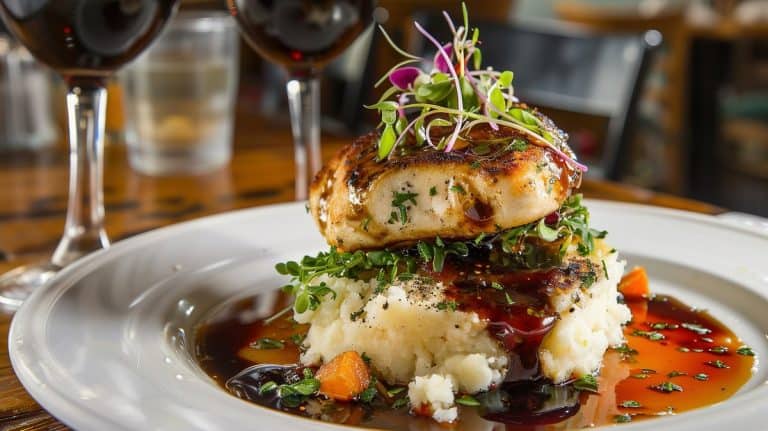 With fish, you can (also) drink red!
With fish, you can (also) drink red!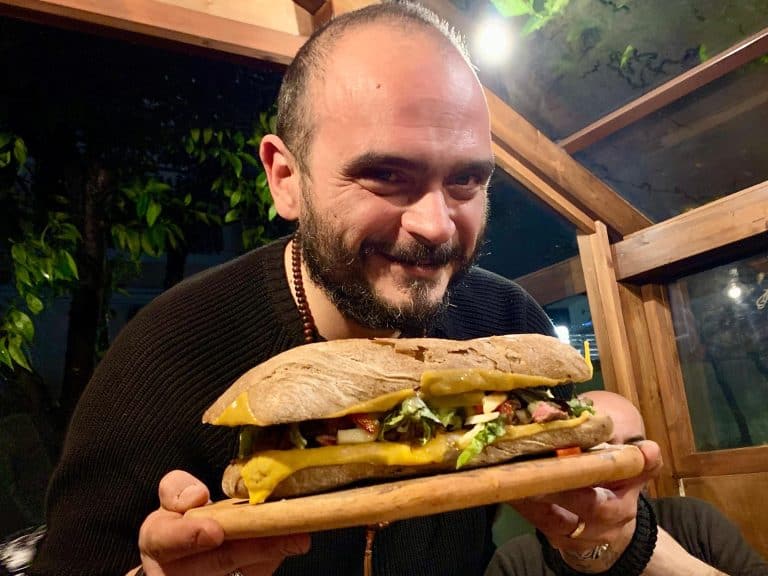 The story of the pharmacist who dispenses prescriptions by day and crafts gourmet burgers by night
The story of the pharmacist who dispenses prescriptions by day and crafts gourmet burgers by night
